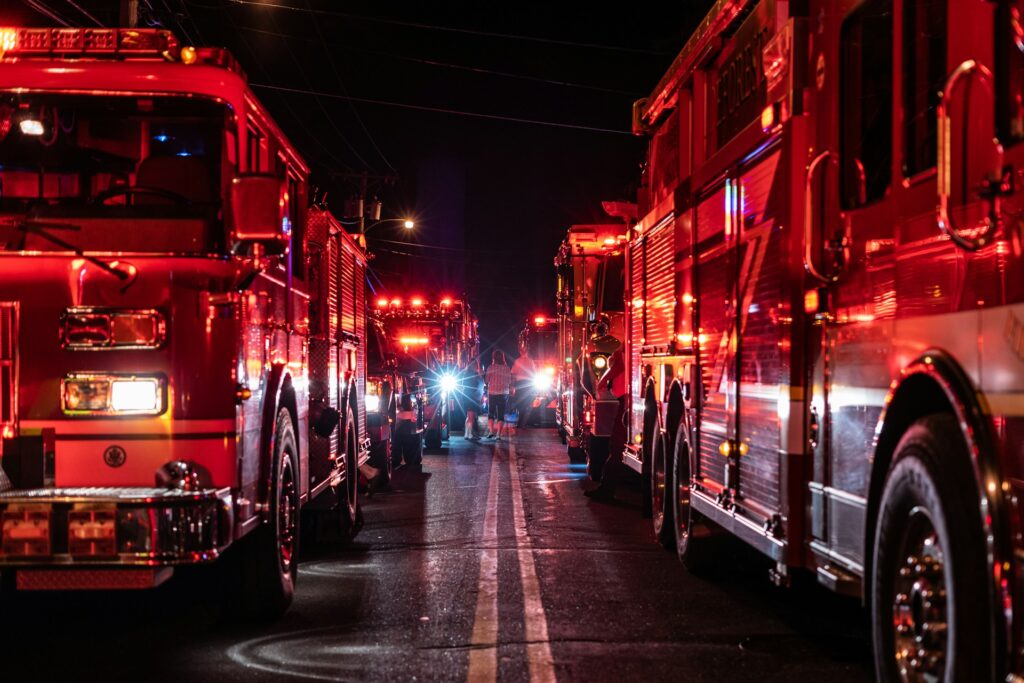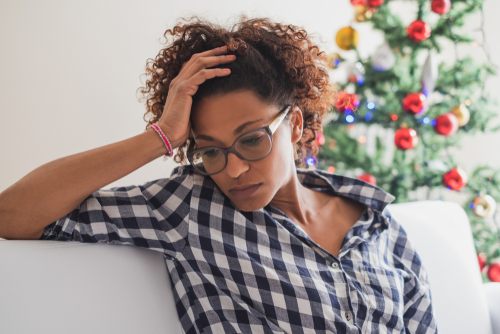October is Breast Cancer Awareness Month and Domestic Violence Awareness Month. And with that comes the reminder to practice good physical and emotional wellbeing.
Both breast cancer and domestic violence are cancers of sorts. Both will eat away at your quality of life and seek to destroy you. But you don’t have to let this happen.
That’s what this month is all about. You can take decisive steps to stop these cancers from spreading.
Let’s take a look at Breast Cancer Awareness first.
Breast Cancer Awareness: What Can I Do?
The first thing you can do is understand the symptoms of breast cancer. The National Breast Cancer Foundation, Inc. has a breast cancer symptom checklist you can download.
Some common symptoms of breast cancer include:
Swelling in one section of your breast (a lump may or may not be present)
- Dimpling or irritation of the skin (Some compare this to the look of an orange peel)
- Pain in the nipple or breast
- Discharge from the breast not a result of breast milk
- The nipple turns inward or retracts
- Thickening of skin on the nipple or breast
- The affected skin is scaly or red
Breast Cancer Awareness: Some Other Important Things You Can Do
Besides knowing the symptoms of breast cancer, there are several other vital things you should do.
Don’t rely on self-examination alone—Schedule regular mammograms as this procedure can detect cancer long before you’ll ever notice, increasing your odds of successful treatment.
Educate yourself and others—Make sure that your friends, family and co-workers understand the importance of knowing breast cancer symptoms and the need for regular mammograms.
Share your story—If you’re a breast cancer survivor, don’t be silent. You have an important story to share that other women need to hear. Conversely, listen to the stories of breast cancer survivors and take the matter seriously.
Now that we’ve taken a look at Breast Cancer Awareness, let’s explore Domestic Violence Awareness in a little more detail.
Domestic Violence Awareness: What is Domestic Violence?
We’re all familiar with the pink ribbon symbolizing breast cancer. During this month, the purple ribbon is used to symbolize domestic violence awareness.
Domestic violence can happen to anyone.
It often occurs in romantic relationships but doesn’t have to. Children are also commonly sufferers of domestic violence. Another lesser-known population who experiences domestic violence are the aging.
Abusers are bullies. They only derive their power through isolating you from others who could help. They make you feel vulnerable and fearful.
Victims of domestic violence tend to fear that things will get even worse for them if they confront the violence. These fears aren’t always unfounded.
Domestic violence can take many forms. It includes:
- Physical abuse
- Sexual abuse
- Emotional Abuse
- Psychological Abuse
- Financial Abuse (Abuser tries to make the victim financially dependent on them)
- Stalking
- Cyber Stalking
- Threats
Domestic Violence Awareness: What You Can Do
There are two major kinds of individuals who crave information on domestic violence and what to do about it. They include victims and those who know there’s something going on and want to help.
If you’re a victim of domestic violence, here are some steps you can take:
- Call the National Domestic Violence Hotline for more specific help given your unique situation—Be careful that you guard your internet usage so your abuser doesn’t find out. You also may want to call for help from a pay phone or the phone of a friend so the call can’t be tracked.
- Prepare a safety plan where you would tip off a few close friends about the fact that you left the abusive situation. Secretly prepare things like money, clothing and documents in the event you need to leave quickly.
- If you choose to leave, do so without letting your abuser know about it or where you may be going.
- Join a support group. You can find strength from other domestic violence survivors as well as a group therapist.
- Consider individual counseling.
- In the event of an emergency, call 911.
If you’re a friend, family member or co-worker of a victim, here are some things you can do to help:
- Don’t judge. If you judge a victim of domestic violence, you’ll lose their trust and your ability to help. Although you’re entering an emotional situation, refrain from putting down the fact that your acquaintance stays with an abuser.
- Leaving an abusive situation is ultimately a decision that only your friend can make. Allow your friend to make that decision. It often takes several attempts to leave before a victim is finally successful.
- Help in any way you can such as emotional or financial support or a safe place to stay.
- Encourage your friend to seek out group therapy or individual counseling.
- Don’t confront an abuser.
- Call 911 in the event of an emergency.
Are you currently dealing with breast cancer or domestic violence? Counseling is a great way to find evidence-based support for your struggles. You can schedule an appointment with the Valencia Relationship Institute today and get the relief you need.





